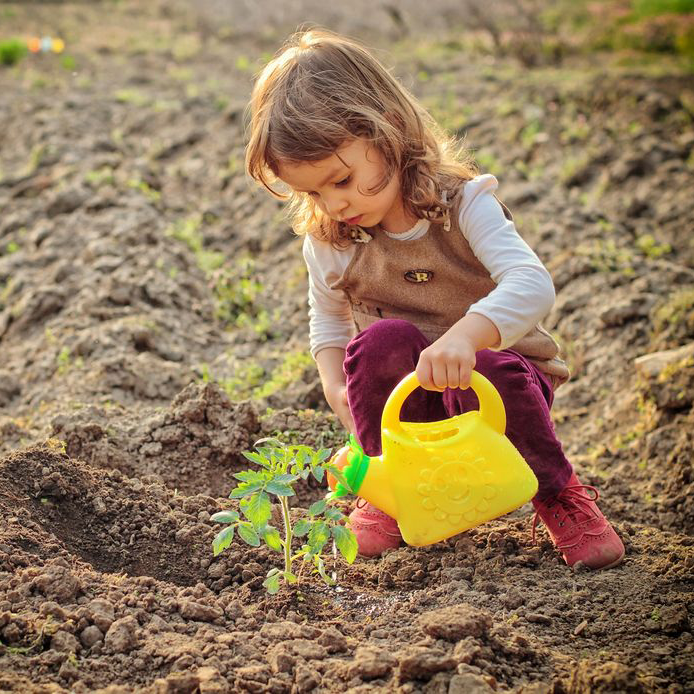Pesticides and Soil Invertebrates: A Hazard Assessment

Pesticides: a major driving force of soil biodiversity loss
Soil invertebrates perform a variety of different ecosystem services essential for agricultural sustainability. Yet, habitat loss and agrichemical pollution due to agricultural intensification have accelerated the decline of terrestrial invertebrates and, as a result, have contributed to the reduction of soil ecosystem services. A 2019 survey of the Food and Agriculture Organization of the United Nations (FAO) identified overuse of chemical control mechanisms as the most impactful practice that has been driving the loss of soil biodiversity in the last 10 years.
For the sake of the forgotten ones
Studies evaluating pesticide impacts often use a narrow range of surrogate species (e.g. honey bees) while smaller organisms are rarely analyzed. In some cases, the organisms that are the most extensively studied are known to be less sensitive to pesticides than other organisms, suggesting there’s limited knowledge of the extent of harm caused by pesticides.
Considering the key ecosystem services performed by soil invertebrates and the increase in the use of seed- and soil-applied pesticides, one of the objectives of this study was to understand the overall hazard that pesticides pose to soil invertebrates to inform whether they should be included in regulatory ecotoxicological risk assessment, thus ensuring that environmental harm is adequately estimated.
Need for a more comprehensive pesticide risk assessment process
The study reviews nearly 400 studies on the effects of pesticides on non-target invertebrates that have egg, larval, or immature development in the soil. It shows agricultural pesticide use has negative effects on soil invertebrates in 70% of the cases. The findings indicate that a wide variety of soil-dwelling invertebrates display sensitivity to pesticides of all types, which leads the authors to conclude there’s “… extensive evidence that pesticides pose a serious threat to soil invertebrates and the essential ecosystem services that they provide. Given the widespread and increasing adoption of seed and soil applied pesticides that pose a particular threat to soil organisms, we strongly support the inclusion of a soil health analysis in the United States pesticide risk assessment process.”
The study “Pesticides and Soil Invertebrates: A Hazard Assessment” by Gunstone Tari, Cornelisse Tara, Klein Kendra, Dubey Aditi, Donley Nathan was published in Frontiers in Environmental Science.
EmConSoil coordinator
- Adres
- Stationsstraat 110
2800 Mechelen
Route en bereikbaarheid - Telefoon
- +32 15 284 284
